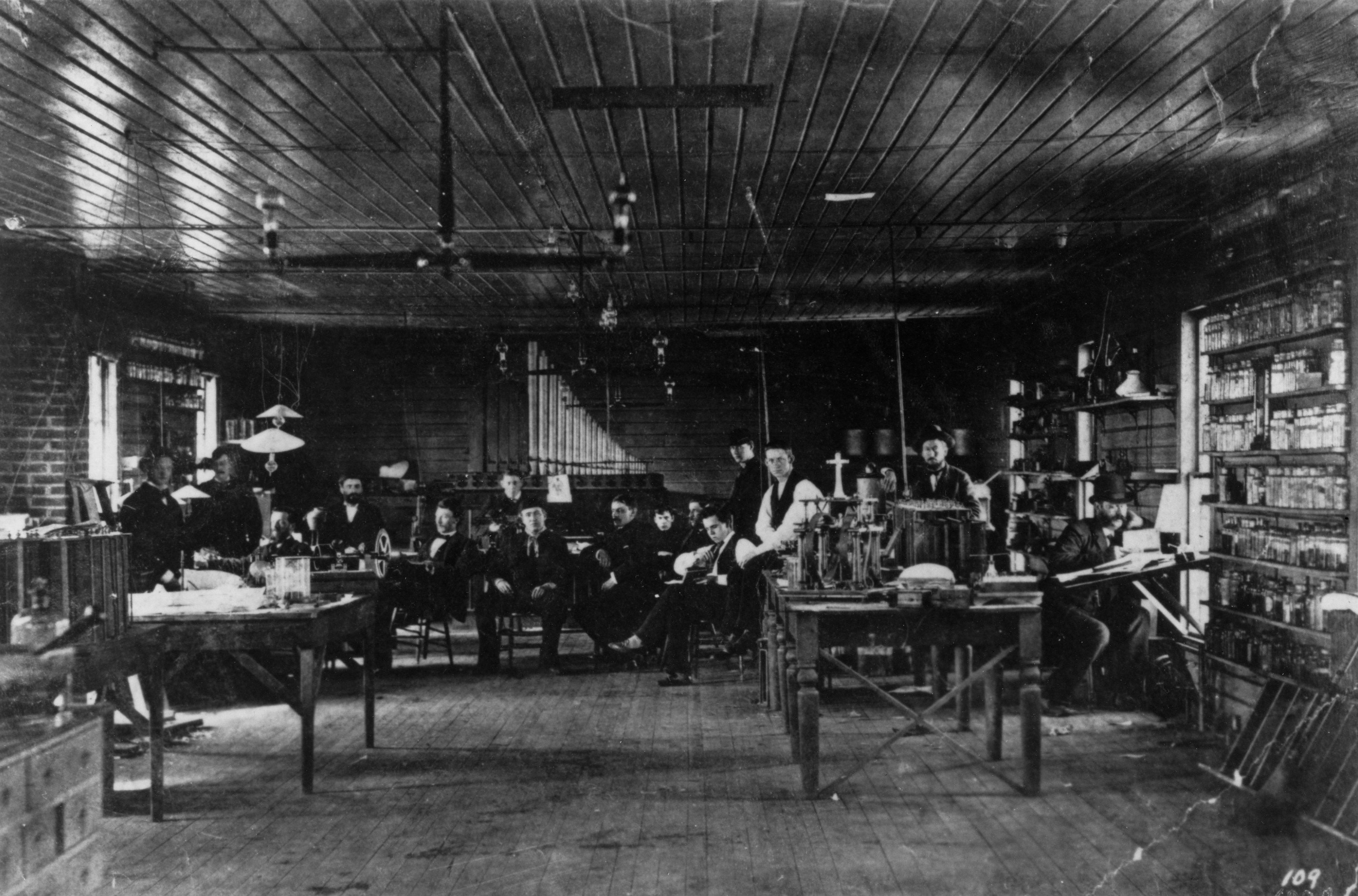October 2024
Visionary Founders: Lessons from Tech Pioneers
Innovation
&
Persistence

Listen to the Podcast Version
Introduction
Many of the most successful entrepreneurs of our time share a remarkable set of characteristics. They are not just businesspeople—they are visionaries, engineers, risk-takers, and relentless in their pursuit of innovation. Let’s explore what makes founders like Thomas Edison, Bill Gates, Larry Ellison, Steve Jobs, Jensen Huang, Elon Musk, and Mark Zuckerberg stand out in history.
Visionaries with a Mission
Each of these founders had a clear vision that transcended their immediate environment. Thomas Edison revolutionized modern life by inventing practical electric light, while Bill Gates aimed to put a computer in every home. Steve Jobs, with the creation of the iPhone, transformed the way we interact with technology.
They all had the ability to look far into the future and identify how their innovations could fundamentally alter industries. Elon Musk, for example, founded SpaceX with the goal of making space travel affordable and sustainable. His belief in interplanetary colonization drives his ventures today.
Engineers at Heart
These founders are not just strategic thinkers—they have deep technical expertise. Jensen Huang, the CEO of NVIDIA, recognized the power of GPUs for more than just gaming. He engineered the path to bring GPUs into AI research, powering advancements in machine learning. Similarly, Larry Ellison’s background in computer engineering helped him create Oracle, one of the most successful database companies in the world.
Working Hard & Relentless
Hard work and dedication are defining traits of these founders. Bill Gates was known for his 16-hour workdays in the early days of Microsoft. Similarly, Elon Musk's tireless work ethic has been instrumental in building multiple companies, from Tesla to SpaceX, often working overnight and managing several ventures simultaneously.
Risk-Takers Who Defy Norms
Taking calculated risks is a hallmark of great founders. Steve Jobs was fired from the company he co-founded, only to return years later and lead one of the greatest business turnarounds in history. His risk to innovate with the iPod and iPhone redefined technology as we know it today.
Elon Musk invested the last of his personal fortune to keep SpaceX afloat after multiple rocket launch failures. The eventual success of SpaceX was a testament to his willingness to gamble everything on his vision.
Resilience Against Setbacks
Resilience in the face of failure defines these founders. After several failed product attempts, Thomas Edison famously remarked, “I have not failed. I've just found 10,000 ways that won't work.” His persistence led to revolutionary inventions like the light bulb and phonograph.
Similarly, Mark Zuckerberg weathered numerous legal and privacy challenges as Facebook expanded globally, yet his resolve allowed Facebook to become one of the largest social media platforms in the world.
Guided by Deep Intuition
These founders have an uncanny ability to trust their intuition. They often make bold decisions that go against conventional wisdom. Steve Jobs’ decision to prioritize design and user experience over market demands led to the creation of iconic products like the Macintosh and iPhone.
Jensen Huang’s decision to pivot NVIDIA’s focus from gaming to artificial intelligence was another example of following deep intuition. Today, NVIDIA’s GPUs are at the forefront of AI research, proving his insight right.
Conclusion
The founders we admire are not just leaders of business—they are architects of the future. With vision, engineering brilliance, relentless work ethic, risk-taking mentality, and resilience, they have transformed industries and reshaped our world. Their stories offer timeless lessons for aspiring innovators. Success is not just about having an idea, but about the tenacity to see it through despite the challenges.